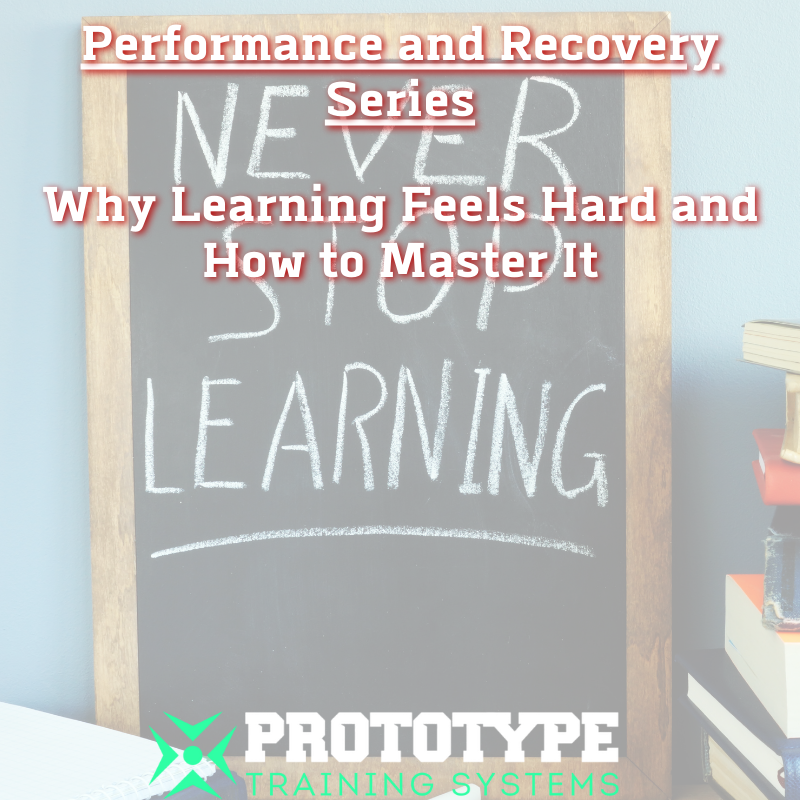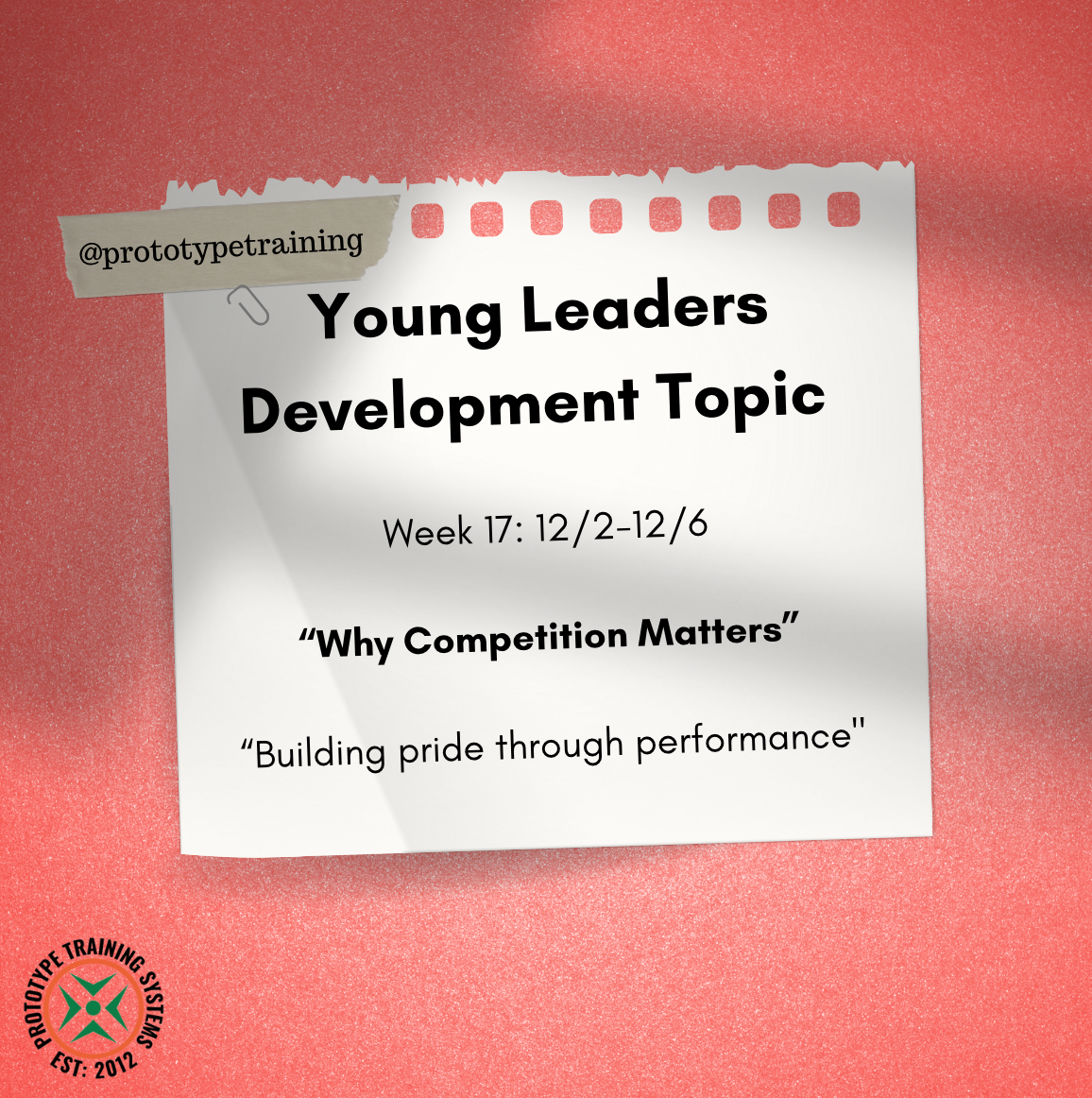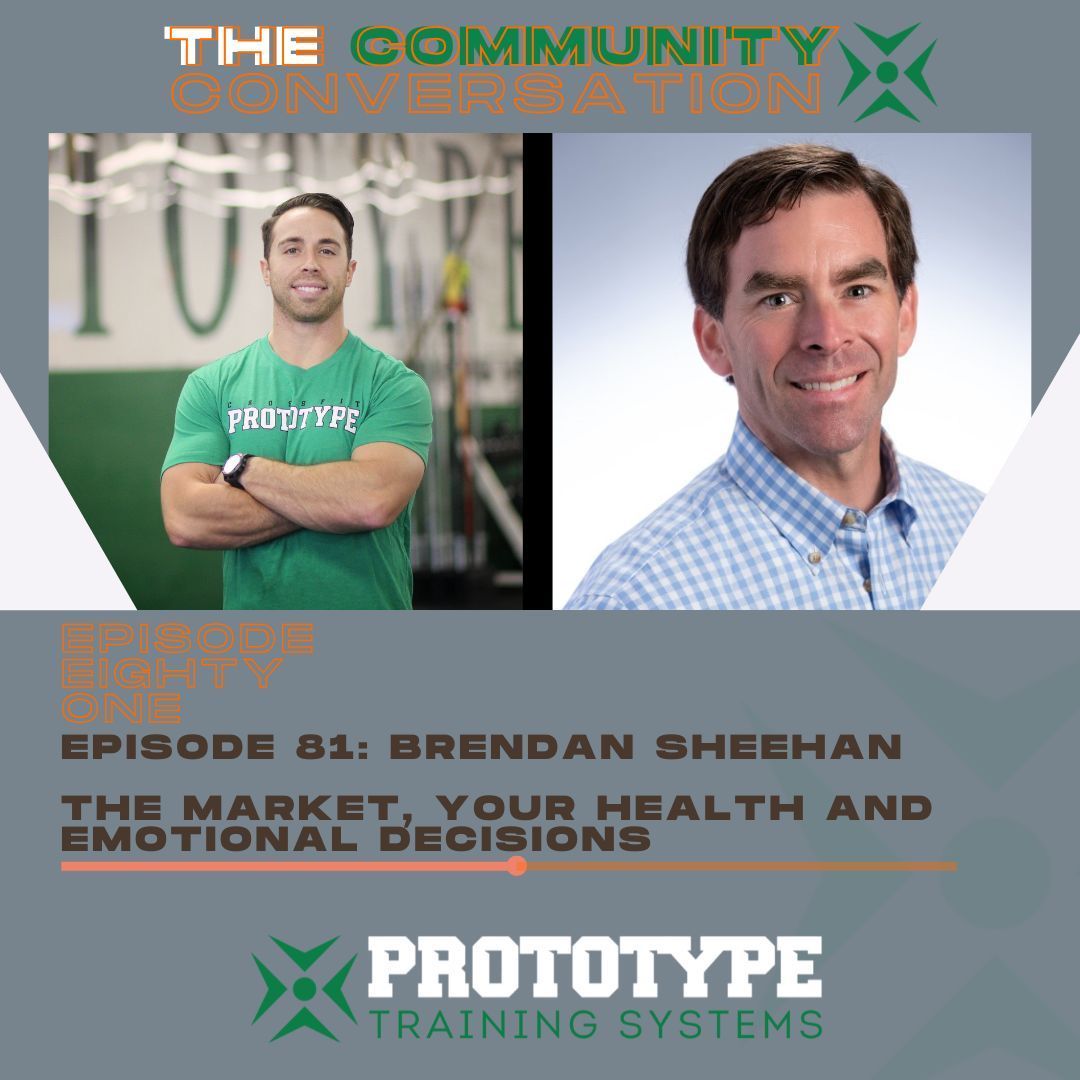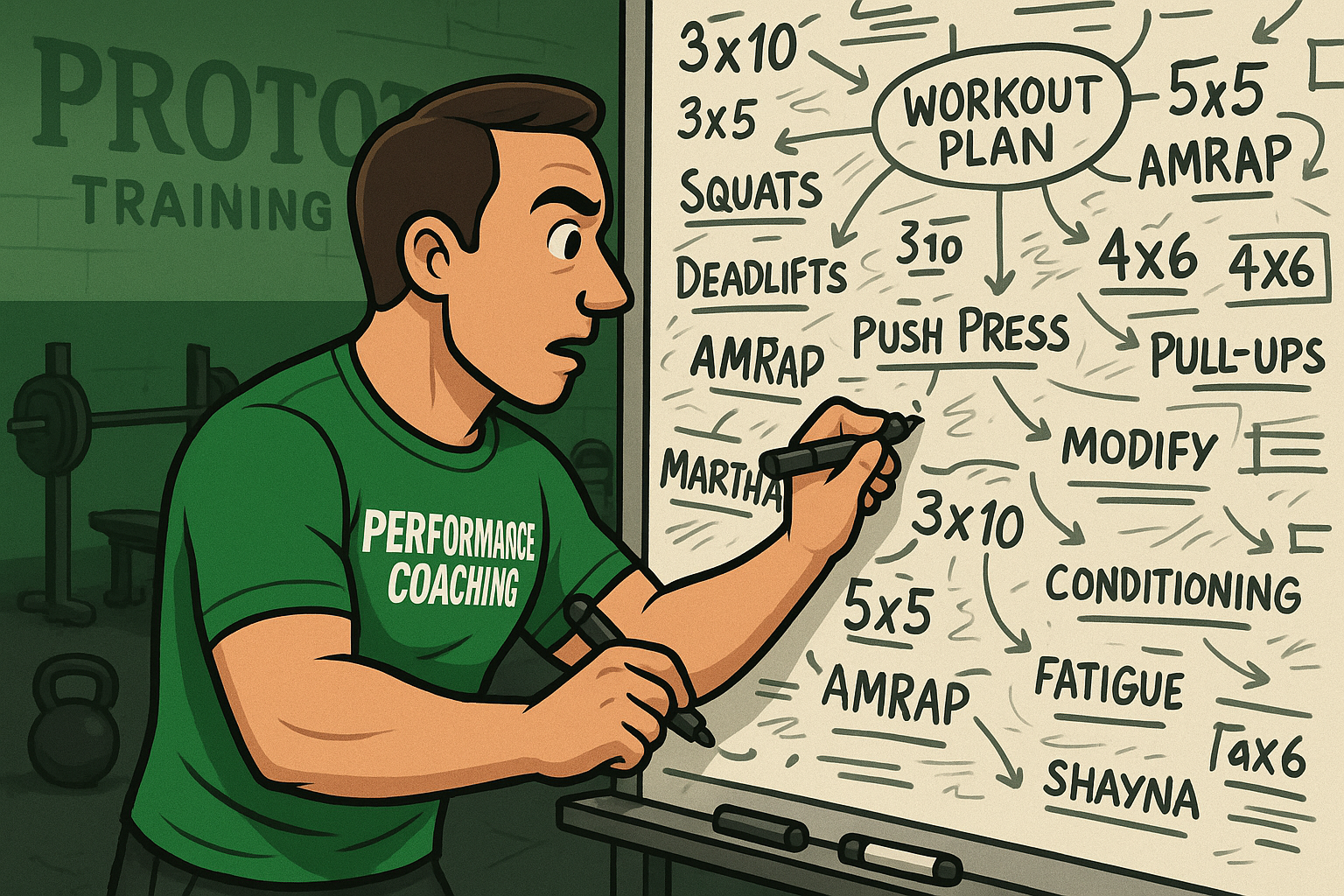Why Learning Feels Hard and How To Master It
Mike Collette • December 2, 2024
Rewiring Your Brain: Here's How It Works

Think back to the last time you tried to learn something new. Maybe it was mastering a skill at work, picking up a hobby, or—if you’re like many busy parents—figuring out how to balance a hundred spinning plates at once. Did you feel frustrated? Did it seem like your brain was actively resisting your efforts?
You’re not alone. Learning something new—or unlearning an old habit—feels hard because it is hard.
But here’s the good news: that resistance you feel is your brain adapting, rewiring itself in real-time. Understanding how this works can change not only the way you approach learning but how you overcome frustration and stick with the process.
Let’s explore how your brain operates when faced with a challenge and why rest is just as important as effort. Along the way, we’ll use two examples—a fitness skill and a life skill—to show how this science applies to real life, including lessons we apply every day at Prototype Training Systems, a coaching and training facility in Westborough, Massachusetts, dedicated to improving physical and mental fitness.
The Science of Learning: What’s Happening in Your Brain?
Imagine your brain as a dense forest. Every skill, habit, or piece of knowledge you’ve ever learned is like a well-trodden path cutting through the trees. But when you attempt something new, there’s no path yet. You have to hack your way through the brush. It’s slow, messy, and often discouraging.
This is where neuroplasticity comes in. Neuroplasticity is your brain’s ability to create new paths and strengthen them with repetition. But here’s the catch: making these new connections feels uncomfortable at first. The frustration you feel is a signal that your brain is working hard to adapt.
Here’s what’s happening under the hood:
Effort Creates Agitation
When you focus on learning, your brain releases norepinephrine. This neuromodulator heightens your awareness but also causes agitation. It’s your brain’s way of saying, “This is hard, but important.”
Focus Directs Change
To build new pathways, your brain relies on acetylcholine, which helps you focus intensely on specific tasks. This is why breaking skills into smaller, manageable steps is so effective.
Small Wins Fuel Progress
Every time you make progress—whether it’s getting closer to a goal or completing part of a task—your brain releases dopamine, reinforcing the behavior and motivating you to keep going.
Rest Solidifies Learning
After effort, your brain needs time to recover and consolidate what you’ve practiced. During sleep, your brain strengthens the new connections you’ve worked hard to create, turning deliberate actions into automatic ones.
Practical Example #1: Mastering Double-Unders
At Prototype Training Systems, one of the skills we often teach in our group fitness classes is the double-under—a jump rope skill requiring precise coordination and rhythm.
Step 1: Recognize the Problem
As you struggle, your brain is gathering feedback from your senses: how the rope feels, the sound it makes, the timing of your jumps. This sensory input is crucial, even if it doesn’t seem helpful yet. It’s like gathering data for a map.
Step 2: Break It Down
Instead of trying to master everything at once, isolate the components:
Coaching Tips:
- Focus on wrist movement: small, controlled rotations.
- Work on timing: jump just as the rope hits the ground.
- Adjust your posture: keep your body upright and stable.
This is where acetylcholine sharpens your focus, allowing you to refine specific elements of the skill.
Step 3: Practice with Intention
Short, focused practice sessions—5-10 minutes at a time—are far more effective than long, unfocused efforts. Celebrate small wins, like completing three consecutive double-unders, to trigger dopamine and stay motivated.
Step 4: Rest and Recover
After practice, take time to rest. Sleep and techniques like non-sleep deep rest (NSDR) help consolidate the neural changes you’ve made. Over time, what once felt clunky becomes smooth and automatic.
Practical Example #2: Relearning Communication Skills
Now let’s step out of the gym and into your daily life. Imagine you’ve noticed a habit of interrupting others during conversations—a pattern you want to unlearn.
At first, it feels awkward to hold back and let others finish speaking. Your brain is resisting because it’s used to the old pathway.
Step 1: Identify the Habit
Awareness is the first step. Maybe you catch yourself interrupting in a meeting or during a family conversation. That moment of discomfort is norepinephrine at work, nudging your brain toward change.
Step 2: Replace the Old Habit
Instead of interrupting, focus on active listening:
Coaching Tips:
- Maintain eye contact.
- Pause and count to three before speaking.
- Reflect on what the other person is saying.
Step 3: Practice Daily
Every conversation becomes an opportunity to practice. The more you reinforce the new behavior, the more dopamine rewards you for staying on track.
Step 4: Reflect and Rest
At the end of the day, reflect on your progress. Did you interrupt less? How did it feel to listen more? Sleep will solidify these changes, making it easier to pause and listen next time.
Why Rest Matters as Much as Effort
It’s easy to believe that sheer effort is the key to mastering a skill or breaking a habit. But without rest, your brain can’t do the heavy lifting of rewiring itself.
During sleep, your brain:
- Strengthens new neural connections.
- Clears out unnecessary information.
- Transforms effortful actions into reflexive behaviors.
This is why sleep-deprived learning often feels like spinning your wheels. To speed up the process, consider incorporating NSDR techniques. Huberman’s NSDR protocol is a great place to start.
From Frustration to Growth: Embrace the Process
Understanding how your brain works changes the game. Instead of seeing frustration as a sign of failure, you can recognize it as evidence that your brain is adapting. Whether you’re mastering double-unders in a personal training session at Prototype Training Systems or improving communication at work, the formula is the same:
- Effort + Frustration: Accept that learning feels hard because it is.
- Focus + Small Wins: Break tasks into manageable steps and celebrate progress.
- Rest + Recovery: Prioritize sleep and NSDR to solidify what you’ve learned
Final Thoughts
Learning and unlearning are lifelong skills. At Prototype Training Systems, we integrate these principles into every program, from customized training plans to small group coaching sessions. Whether you’re a busy parent in Westborough, MA, or a working professional seeking better fitness and focus, our mission is to help you thrive physically and mentally.
Visit us in Westborough, Massachusetts, and see how our tailored training programs can help you achieve your goals. Let’s work together to transform frustration into growth—one neural connection at a time.
Additional Resources
For a deeper dive into the science behind learning, check out these resources:
Scientific American: Neuroplasticity Explained
Previous Blogs

Yesterday was a great reminder of what a little friendly competition can do. We set up a simple 1-v-1 game: kids had to sprint, tap two cones, and race back to knock over a foam roller. Nothing fancy, just movement, focus, and a clear goal. But something cool happened. The second it became head-to-head, the energy shifted. Kids were locked in. They ran harder. They pushed themselves—not because they were told to, but because someone else was giving it their all too. Even the kids watching got invested—shouting encouragement, clapping for effort, reacting to every close finish. That sense of shared experience, of community rooted in challenge, is exactly what youth development should be about. It was a perfect example of how competition, even in its simplest form, can bring out motivation and effort . Not for a prize, but just for the challenge of it. More Than a Game: The Real Value of Friendly Competition In today’s world of participation medals and well-meaning “everyone wins” culture, it’s easy to misunderstand the role of competition. But when designed thoughtfully and guided with intention, competition doesn’t diminish self-worth—it enhances it. According to a 2019 study published in Frontiers in Psychology, structured competition can lead to higher intrinsic motivation, improved self-esteem, and a greater sense of personal accomplishment in youth participants (Bonfiglio et al., 2019). When kids compete, they learn that effort yields results. They learn how to win graciously—and perhaps more importantly—how to lose with resilience. They discover the value of hard work, discipline, and focus. They get to ask: “How fast can I be?” “How far can I push myself?” And, “What happens if I try just a little harder?” The Pride in Performance There’s a moment—right after a child finishes a race, or a round of a competitive game—where they catch their breath, stand a little taller, and smile. Whether they won or not is almost secondary. What matters is that they showed up and gave their best effort. That sense of pride? That’s not vanity. It’s the birth of confidence. And when that confidence is built through movement, through play, through sweating and trying and doing—it sticks. Not just in sport, but in school, at home, in friendships, and beyond. Final Thoughts Competition, when framed the right way, helps kids build confidence, stay motivated, and take pride in their effort. It’s not about winning — it’s about showing up, trying hard, and learning what they’re capable of. At its best, competition doesn’t separate kids — it brings them together, showing them how to push themselves while supporting each other along the way.

It’s no secret — we’re living in a world that feels increasingly volatile. Financial markets are unpredictable. The news cycle is overwhelming, social media noise is constant and it's harder and harder to sort through what's real and what's not. And when uncertainty rises, it's human nature for people to start making emotional decisions. Being in the fitness industry for close to 20 years and operating Prototype Training Systems since 2012, I've seen this happen time and time again — not just in the stock market — but in our gym community. When we feel stressed financially (and trust me, i've been there as an entrepreneur), one of the first things they often cut is their investment in their health. Cancelling the gym. Skipping workouts. Pressing pause on coaching or training. We can go into a frenzy of what needs to be prioritized and what doesn't, and often it's rooted in anxiety and fear. On the surface, it makes sense: "Let me tighten up my budget until things feel safer." But here’s the truth — it’s completely backwards . Emotional Decisions Rarely Lead to Positive Outcomes In a recent conversation I had with Brendan Sheehan, founder of Waymark Wealth Management (and one of our community business sponsors), we talked about this exact thing. As we are facing that uncertainty now in the market. Click the link to listen to the full podcast! Brendan was sharing when the market drops — whether it’s 5%, 10%, or more — people panic. But the data shows this happens all the time. He shared that "the m arket dips of 5-10% happens three times a year on average." Dips of 10-20%? Happens at least once a year. It’s not unusual — but when emotions take over, we make decisions that can hurt long-term. And this same pattern can show up in health and fitness. Your Health is Not a Luxury — It’s Essential Let’s be real — when life feels hard, stressful, or uncertain, you need your health more than ever. Exercise isn't just about aesthetics or performance — it's your anchor. Working out helps you regulate stress, sleep better, stay clear-headed, and avoid the emotional roller coaster that uncertainty brings. Cutting your health investments when things get tough is like saying: "The storm is coming... so I'm going to throw away my umbrella." It doesn’t make sense, but this what happens when emotions are high, it's REALLY hard to make logical decisions. We can get into a binary mode of thinking... then we take action which often isn't fully thought out. The Vicious Cycle: Stress → Cut Health → Decline → Regret Here's the common pattern we’ve seen over the years... and I would argue is common in every gym across the country... Things get tough financially or emotionally. We go into "panic" mode... start to take action. People cut their gym membership or stop exercising. Maybe you over narrate it's not worth it... maybe you over narrate I'll just do it on my own and change my entire routine... or maybe you think it will only be very short term. Then, stress increases. Energy drops. Sleep gets worse. Health declines — physically and mentally. Time passes... regret kicks in. "I wish I hadn't stopped. Now it’s even harder to get back ." Sound familiar? It's a vicious cycle and REALLY hard to break. We’ve seen it over and over — and we’ve helped people climb back out of it. But we’d rather help you avoid that spiral in the first place. What Should You Do Instead? Have faith in your routine and take a second to pause before making a major life change. Double down on habits that ground you — like fitness, community, and nutrition. Talk to a coach. Share what’s stressing you out — we’re here to help. Be curious — ask questions before making big decisions. Remember: health is not the problem — it’s the solution. Final Thought: Uncertainty will always be part of life. Markets go up and down. Challenges will come and go. But the best investment you can make — in any economy — is in your physical and mental well-being. At Prototype Training Systems, we’re more than a gym. We’re a community that helps people stay grounded, consistent, and healthy — no matter what’s happening outside our walls. If you’re feeling the pull to cut your health in hard times — let’s talk. Book a Free Goal Review Session with a coach... seriously, we're here to help. We’ll help you navigate uncertainty the right way — by staying strong, staying consistent, and investing in yourself.
Climb to New Heights
Prototype Training Systems is more than a gym - it is a lifestyle. Join us today!


